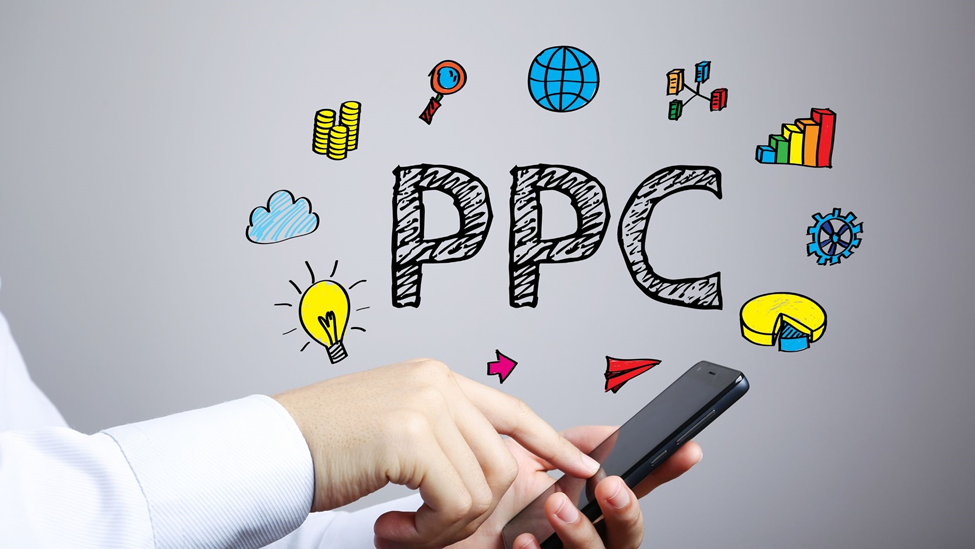Pay-Per-Click (PPC) is a powerful and adaptable method for businesses to interact with their target audience in the ever-evolving world of digital marketing. It has transformed the way brands interact with their online audiences. PPC is more than just a marketing strategy; it is the art of captivating your target audience at the right time and ensuring that each click contributes to your success. In this blog, we’ll explore the types, benefits, and significance of PPC advertising for the growth of your business.
Types of PPC Advertising
PPC has evolved into numerous forms, each of which offers unique opportunities for businesses to engage their target audience effectively.

Search Engine Ads:
When customers search for specific terms related to the products of the advertisers, these ads will appear above the search results. Google Ads is a prominent example of this strategy, producing impressive results.
Display Ads:
These captivating image and video ads appear on websites other than search engines. They excel at brand growth and reaching broad audiences.
Social Media Ads:
The social media platforms like Facebook, Instagram, and Twitter provide an effective feature of PPC targeting. This allows advertisers to tailor their campaigns based on user characteristics, interests, and online behavior, enabling highly accurate audience segmentation.
Video Ads:
PPC is supported by platforms like YouTube and TikTok, enabling businesses to engage large audiences with video ads, which is ideal for marketing and product demonstrations.

App Ads:
PPC campaigns are carried out by mobile app developers to increase downloads and user engagement on search engines, social media platforms, and other applications.
Benefits of PPC Advertising
PPC offers a number of benefits to businesses, such as cost-effectiveness, as you only pay when someone clicks on your ad, ensuring that your budget is spent wisely. It generates immediate traffic to your website, in contrast to strategies that require months to produce results. PPC enables businesses to effectively compete with larger competitors, as it is not exclusively dependent on budget size but also on strategy and relevance. Additionally, PPC strategies can be adjusted in real-time to respond to market changes, seasonality, or shifting business priorities.
Role of PPC in Modern Marketing
PPC plays an essential role in modern marketing by driving traffic, generating leads, and enhancing sales revenue. PPC campaigns produce an abundance of data, such as click-through rates, conversion rates, and keyword performance. This data can be analyzed to obtain a deeper understanding of consumer behavior, preferences, and trends. These insights can assist marketers in refining their overall marketing strategies, optimizing ad campaigns, and making data-driven decisions to maximize return on investment. Thus, PPC functions as a potent source of actionable data that can fuel the continuous enhancement of marketing initiatives.

The Future of PPC Advertising
PPC advertising has strengthened its position as an indispensable tool for modern businesses. It is appealing due to its low cost, precision targeting, and speedy results. The future of PPC will likely be shaped by emergent technologies such as voice search, AI-powered advertisements, and automation. These innovations will provide businesses with a competitive advantage in the digital marketing world.
Disclaimer: Any opinions expressed in this blog do not necessarily reflect the opinions of RMC. This content is meant for informational purposes only.




